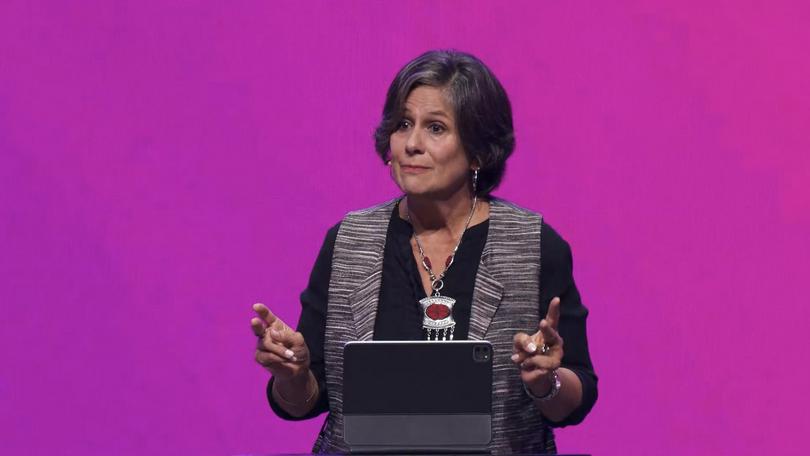On the first evening of Lausanne 4, Dr. Ruth Padilla-DeBorst, a theologian and advocate for social justice, delivered a message about the Christian’s responsibility to address systemic injustice. Speaking from her experience as a Christian leader in Latin America, Ruth emphasized that justice is not optional for Christians—it is at the very core of God's call.
Ruth began by drawing on the prophetic tradition, particularly the words of Micah 6:8, which calls God's people to "do justice and to love kindness and to walk humbly with your God." She explained that this ancient call remains as relevant today although it was in the time of the prophet Micah, who condemned the social corruption of Judea.
In Micah’s time, the elite oppressed the poor, expropriated land, and exploited the powerless while masking their actions with religious rites. Ruth pointed out that we see similar injustices in our world today—masked by political, economic, and even religious systems that uphold inequality.
Then she addressed wealth inequality as one of the most glaring examples of modern-day injustice. "God created a world of abundance capable of sustaining the flourishing of life of the entire created order," Ruth stated. However, she pointed out that the richest one percent of the population controls half of the world's wealth, and while the wealth of the world's five richest men has more than doubled since 2020, nearly five billion have been made poorer.
Ruth also highlighted the racial dimensions of economic injustice and environmental injustice. Communities of color, especially in the United States and globally, are disproportionately affected by environmental degradation and economic hardship. Communities of color and poorer nations in the Global South suffer the most from climate change, pollution, and environmental destruction, despite contributing the least to these problems.
Gender inequality was another focus of Ruth’s address. She lamented that women across the globe are paid less than men for the same work, are overrepresented in low-wage jobs, and are more likely to be victims of sexual harassment and abuse. Within the church, Ruth noted that although women often make up the majority of active members, men still dominate leadership roles, which limits women’s ability to fully use their God-given gifts.
In addition, Ruth mentioned the digital divide—the difference between those who have and don't have access to digital tools like the internet, computers, and smartphones. Nearly one-third of the global population remains disconnected from a virtual world and deprived of the opportunities others have.
What are God's people called to in the presence of such unjust realities? Echoing the words of the prophet Micah, she emphasized three intertwined callings: humility, mercy, and the pursuit of justice.
Walking humbly with God requires deep reverence for the Creator, surrendering pride, and the human-made strategies that contribute to injustice. Mercy calls for deep solidarity and love for others, unmasking self-protective instincts, and allowing God's compassion to move us as peacemakers. Pursuit of justice means actively working toward socio-economic and political action for the common good, following the example of God, who "executes justice for the orphan and the widow and loves the stranger."
Ruth concluded by challenging the audience to see that “the pursuit of justice is not some add-on, optional activity left only to a few specialists,” but “Jesus challenged all his followers.” She called Christians to listen, repent, and act in accordance with God’s character.












